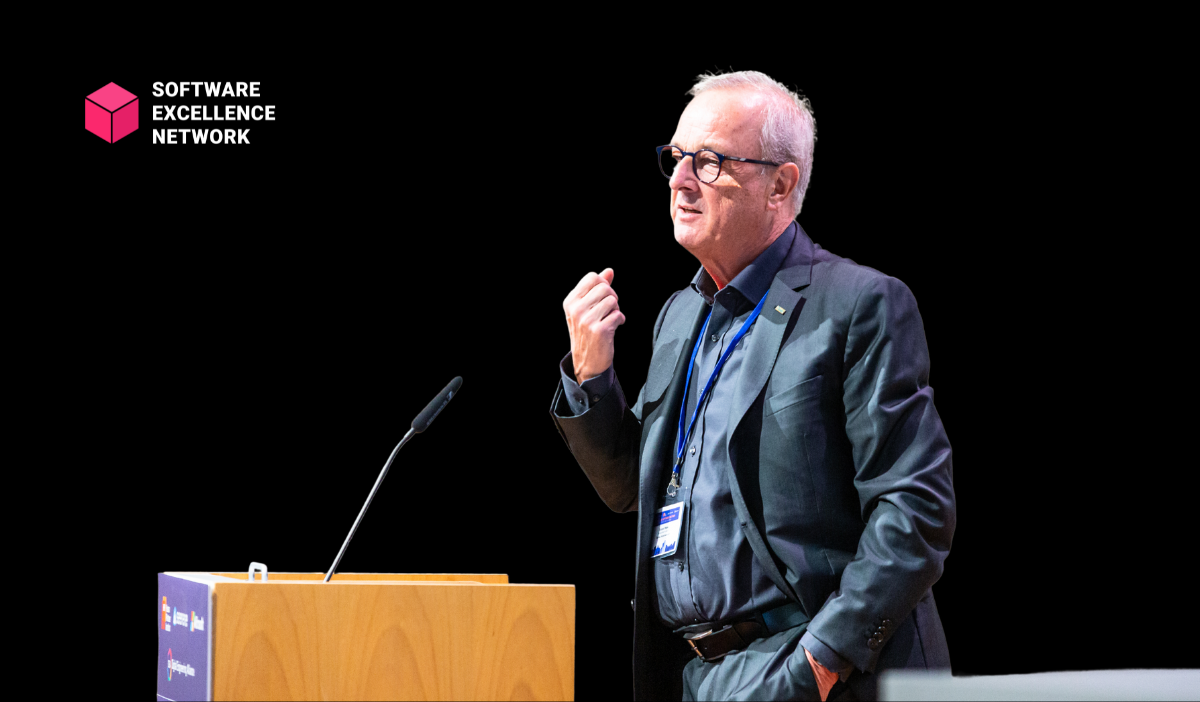
The insurance industry is undergoing a profound transformation, driven by changing customer expectations, evolving regulatory requirements, and rapid technological advancements. At the heart of this transformation stands Debeka, one of Germany’s largest insurance groups. Roland Weber, Member of the Board of Directors at Debeka, recently provided a detailed account of the company's ambitious modernization efforts. His insights offer a valuable perspective on the challenges and opportunities of digital transformation in a complex and highly regulated industry.

Weber emphasized that modernization is not just an option but a necessity for insurers operating in today’s landscape. Traditional insurance IT systems—especially in the backend—were built for stability and efficiency, not for the agility demanded by modern digital interactions. At Debeka, some of these core systems date back to the 1980s and 1990s. While they have been stable and effective, they also pose significant challenges:
Given these factors, Debeka embarked on a large-scale transformation to modernize its IT landscape while maintaining the high levels of reliability its customers expect.
One of the key challenges in modernizing IT infrastructure is finding the right balance between stability in backend systems and agility in frontend development. Weber explained that Debeka has adopted a two-pronged approach:
This dual strategy ensures that while Debeka moves toward a more flexible IT architecture, it does not compromise on the operational stability required for critical insurance processes.
Historically, Debeka built most of its IT systems in-house. However, in light of the increasing complexity of software development and the need for speed, the company has shifted toward working with a select group of strategic partners. For example:
By leveraging proven solutions from these partners, Debeka can focus on differentiation in areas that matter most—such as customer experience and operational efficiency—while avoiding unnecessary complexity in core IT functions.
As a major private health insurer, Debeka operates in a sector that is classified as critical infrastructure. This means that every major IT change is subject to intense regulatory scrutiny. Weber highlighted that cloud adoption, for example, had to be carefully managed in alignment with BaFin (Germany’s financial regulatory authority).
In addition, the growing threat of cyberattacks presents an ongoing challenge. Historically, insurers operated in relatively closed IT environments, but with the shift toward more open, digital-first interactions, the risk landscape has expanded. Ensuring security without hindering innovation remains a top priority.
Modern consumers, shaped by experiences with companies like Amazon and Google, expect seamless digital interactions. Yet, the insurance industry has traditionally been slow to adapt. Weber acknowledged that insurers must fundamentally rethink their role—not just as financial service providers but as customer-centric solution providers.
For Debeka, this means:
Weber also stressed that insurers cannot tackle these challenges alone. Instead, they must collaborate—both with other insurers and with technology providers—to build ecosystems that drive efficiency and innovation.
For example, Debeka has co-founded initiatives such as:
By pooling resources and expertise, insurers can accelerate digital transformation while maintaining cost efficiency.
IT modernization is not just a technological shift—it is a fundamental change in how an organization operates. Weber noted that for an insurer like Debeka, which employs around 16,000 people (including 800 in IT), such a transformation requires careful management.
Some key aspects of Debeka’s approach include:
The restructuring was extensive—every IT employee received a new employment contract, and leadership roles were redefined. Impressively, these changes were implemented without a single labor court case, a testament to Debeka’s careful handling of the process.
Debeka has set itself the ambitious goal of completing its core IT transformation by 2028. This includes:
Weber acknowledged that such a transformation is a massive undertaking, but he expressed confidence that Debeka is on the right path. By focusing on strategic partnerships, prioritizing customer experience, and embracing collaboration, the company is positioning itself for long-term success in an increasingly digital world.
Debeka’s transformation journey, as outlined by Roland Weber, highlights the realities of modernizing IT in a traditional industry. It is a complex but necessary shift—one that requires not just technological changes but a complete rethinking of business processes, organizational structures, and industry collaboration.
For other insurers facing similar challenges, Debeka’s approach offers valuable lessons:
With a clear roadmap and strong leadership, Debeka is setting a benchmark for how a legacy insurer can successfully navigate the digital age.
A Note to Our Readers: This article discusses some of the most important ideas Roland Weber shared at the executive exchange, but to understand the full context and depth of his ideas, we strongly recommend you watch his masterclass in the video below. Should you have any questions or concerns, do not hesitate to message us.
These Stories on Events/Webinars
August-Bebel-Str. 26-53
14482 Potsdam, Germany
hello@seerene.com
+49 (0) 331 706 234 0
Generative AI Seerene GmbH
August-Bebel-Str. 26-53
14482 Potsdam, Germany
hello@seerene.com
+49 331 7062340